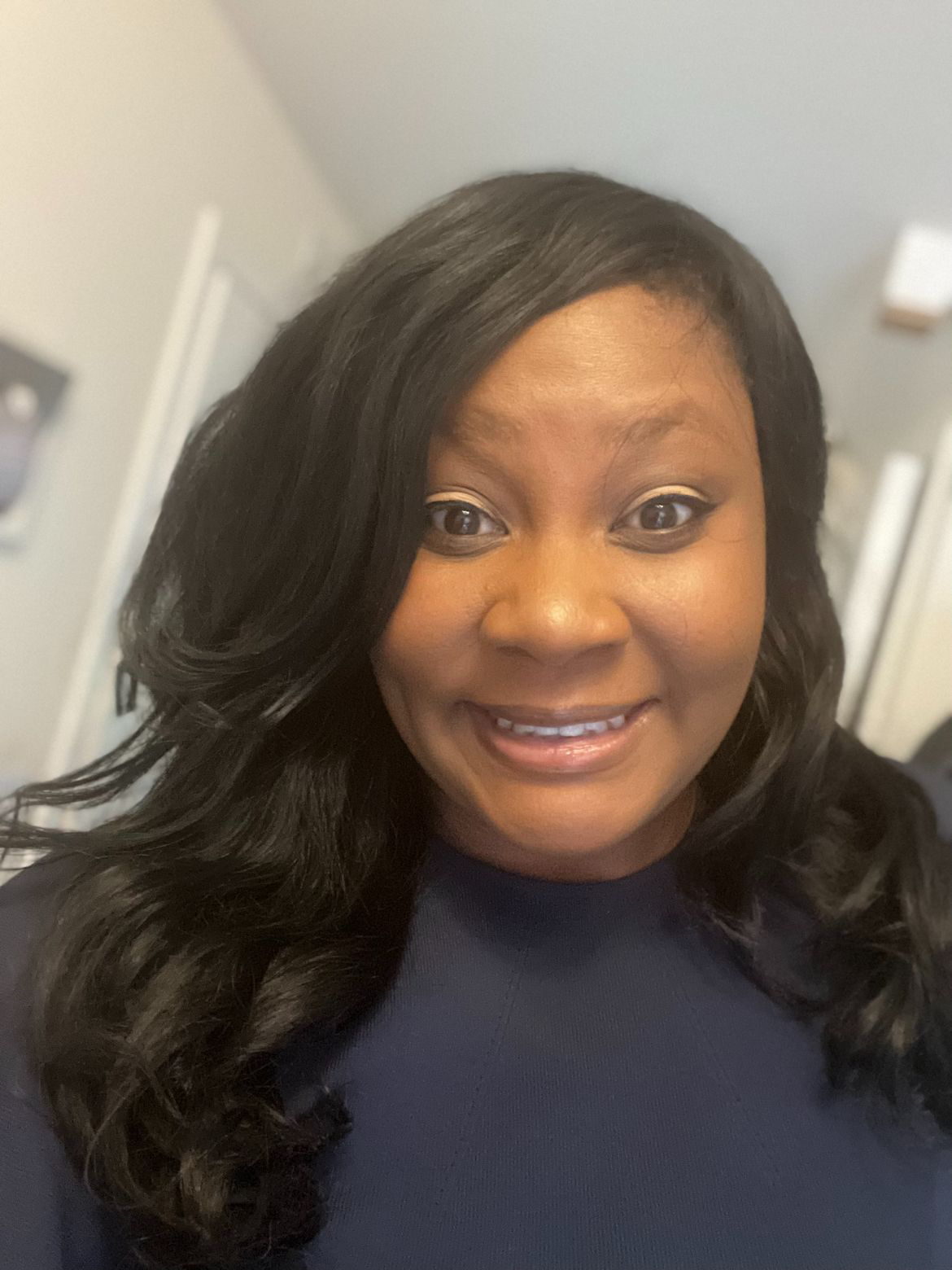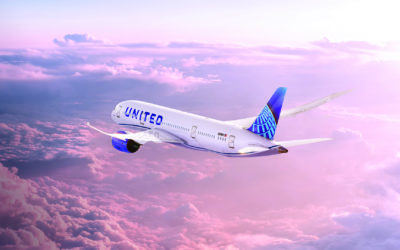As we mark Black History Month, it’s essential to recognize the contributions of black individuals in fields that are often underrepresented.
One such area is air travel, where black pioneers have broken barriers, defied expectations, and reshaped the aviation industry, both in the UK and globally, for future generations.
The history of black people in aviation reflects a wider struggle for equality, defined by exclusion, systemic racism, and a fight for recognition. In the early days of flight, opportunities for black people to enter aviation were extremely limited. Flight schools refused to admit black students, and airlines were reluctant to hire black pilots, cabin crew, and engineers. Yet, despite these barriers, black pioneers found ways to rise above them and soar.
In this article, our Diversity and Inclusion Manager, Brit Clayton, takes a look at some of the black pioneers of the sky, explores how air travel was a tool of social justice, and glimpses into the future of diversity in the aviation industry.
Bessie Coleman
The First Black Aviator
One of the earliest and most renowned figures in aviation history is Bessie Coleman, who, in 1921, became the first African American woman—and the first Native American—to earn a pilot’s licence.
After being denied access to flight schools in the United States due to her race and gender, Coleman traveled to France to pursue her dream. She earned her licence there and became a daring stunt pilot, earning the title “Queen Bess.” Coleman used her platform to advocate for the inclusion of Black people in aviation and famously said, “The air is the only place free from prejudice.”
Her ground-breaking achievements have inspired generations of black aviators and remain a powerful symbol of overcoming adversity.
The Tuskegee Airmen
Legacy of Excellence
While Bessie Coleman was blazing a trail as an individual, the Tuskegee Airmen were making history as a collective.
This all-black squadron of fighter pilots served with distinction during World War II. Trained at the Tuskegee Institute in Alabama, these men defied expectations in combat, flying over 1,500 missions and proving their skills in protecting bombers and attacking enemy targets.
The Tuskegee Airmen’s extraordinary performance not only contributed to the war effort but also had a lasting impact on the military, leading to the eventual desegregation of the U.S. armed forces. Their legacy continues to inspire black aviators around the world.
Louis Wade Sullivan & Captain David Olubamiwo
British Aviators
Across the Atlantic, black aviators have also made significant strides in British aviation.
Jamaican-born Louis Wade Sullivan became the first black man to fly for the Royal Air Force during World War II, contributing to the UK’s defence. His legacy, along with others, has helped pave the way for future generations of black pilots in the UK.
In more recent times, black British pilots like Captain David Olubamiwo, who became one of the first black pilots for British Airways, have continued to break barriers. Their contributions highlight the importance of diversity and inclusion in the UK’s aviation industry.
Guion S. Bluford Jr., Mae Jemison & Dr. Maggie Aderin-Pocock
Aerospace & Space Travel
Beyond commercial aviation, black people have also made groundbreaking contributions to aerospace and space exploration.
Dr Maggie Aderin-Pocock, a black British scientist and space engineer, has inspired millions through her astronomy work and television programmes, making space science more accessible to all.
Globally, trailblazers such as Guion S. Bluford Jr., the first Black astronaut to travel into space in 1983, and Mae Jemison, the first black woman in space, have opened new doors for black professionals in space travel and STEM fields.
Why Celebrating Black History is Important
By Trish Hewitt, Chief People Officer at Gray Dawes.
“Whilst black history isn’t something that should be confined to October, the month raises awareness and allows us to celebrate a whole host of amazing achievements.”
We spoke to our very own Trish Hewitt, Chief People Officer at Gray Dawes, to find out the importance of celebrating black culture and recognising the historical achievements of people of African and Caribbean backgrounds.

Trish Hewitt
Chief People Officer
“When I went to see the film Black Panther, I was in tears in the first few minutes. Not only was I finally getting to see representation in the kind of films I loved, the reference to black history touched me.
“When I was a kid my father would tell me about black history, we’d talk about the achievements made but I never heard about any of those things at school, even at a young age that seemed odd. As one of two black children in my primary school it felt like where I came from didn’t matter and definitely wasn’t represented anywhere.
“In the opening scenes of the film, they talk about black history and specifically reference an area of Nigeria linked to my family and I cried. I’d love for children not to have the experience I had at school, with black history being non-existent, and have an education that embraces ALL history so all children know that everyone’s history matters.”
“In my role as Chief People Officer at Gray Dawes I’m privileged to be able to set the direction of our People Strategy which includes diversity and inclusion. I’m a firm believer in focusing on ensuring that everyone within organisations feels like they belong, and building an environment and culture which nurtures that view which in turn breeds diversity.
“We’re currently working on a structured diversity, inclusion and belonging agenda, across all our global offices where we can continually nurture places where people feel that they belong. We’ll be doing more things like this, talking about diversity and building this into our initiatives throughout the year.
“It’s not just about well-timed posts, changing the color of our logos at poignant times or saying things because we think we should, it’s about how we authentically ensure people feel they belong at Gray Dawes all year round, because that’s the right things to do. I’m super excited for the journey we’re about to embark on, watch this space!”
While significant progress has been made, the fight for diversity and inclusion in aviation continues, both in the UK and globally.
Organisations such as the British Women Pilots’ Association (BWPA) and Fly2help, as well as international groups like the Organization of Black Aerospace Professionals (OBAP), work tirelessly to encourage underrepresented groups, including black youth, to pursue careers in aviation.
Today, Black British professionals are making strides in all aspects of aviation—whether in engineering, piloting, or as ground staff. Yet, representation is still disproportionately low. As of recent reports, black pilots make up less than 5% of commercial pilots in the UK, demonstrating the continued need for mentorship and inclusive recruitment practices.
As we reflect during Black History Month, we celebrate the immense contributions black people have made to aviation, from early pioneers like Bessie Coleman to modern trailblazers. Their achievements remind us of the importance of perseverance, representation, and inclusion.
Let’s not only honour these figures but also commit to ensuring the aviation industry, both in the UK and globally, continues to open its doors to all who dream of flying.
Related Articles
United Airlines – A Force For Good
We recently caught up with our friends at United Airlines to learn what they’ve been up to and discover all their new products, services and innovations. What we found out is that United Airlines really is a force for good. They are building the future of sustainable flight, diversifying their flight deck, and reimagining the entire flying experience to better serve the business traveller.
Gray Dawes Named Official Travel Supplier of E1
We are proud to have been selected as the official travel supplier of the UIM E1 World Championship – the world’s first electric race boat series. Our three-year contract with E1 means that we will provide our specialist travel services as the first-of-its-kind championship embarks on its second season in 2025.
Doha: A Business Traveller’s Guide
Founded in the 1820s, Doha is a city that defies its youth. Once a thriving pearl diving hub on the country’s eastern coast overlooking the Persian Gulf, the nation’s capital has rapidly evolved. For business travellers, Doha is a city awash with opportunities. In this comprehensive guide to Doha for business travellers, we delve deeper into navigating the city’s unique corporate landscape, offer our top tips for getting around, and pick out our top 3 things to see or do to make your trip unforgettable.
LET'S TALK
Fill in the form below and we'll get back to you as soon as we can.


